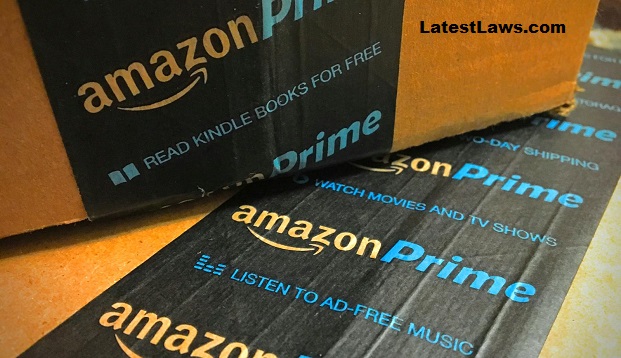July 31,2018:
The Government is planning keep censor the consumers fishing online for juicy deals which is called as “Deep Discounting”, a Practice to lower the prices on E-Commerce platforms like Amazon and Flipkart.
Draft e-commerce policy, shared with the stakeholders on Monday for the consultations, has proposed that such pricing policy be stopped from a specified date to regulate the sector.
Policy, the first of its kind for the booming segment, has proposed legislation that will also cover food delivery sites such as Swiggy and Zomato, online service aggregators like UrbanClap as well as platforms offering financial and payment products such as Paytm and Policybazaar.
Plan is to include multiple aspects in the legislation from consumer protection and grievance redressal to Ownership, FDI, local storage of data, protecting micro, small and medium enterprises and mergers and acquisitions.
Draft, which will undergo a revision before public consultations, has also suggested appointing a regulator for the sector. The Indian e-commerce market is estimated to be worth around $25 billion and is projected to touch $200 billion in a decade.
Special policy is also envisaged for companies set up by Indians and selling 100% made-in-India goods. Unlike the current regime where e-commerce is done through a “marketplace” or a platform where others sell, the new dispensation will allow an “inventory-based” model where the companies will be directly selling to consumers with up to 49% FDI allowed in this segment.
A key element of the draft policy that will affect consumers is the plan to check discounts, something that offline retail lobbies have been pitching for. While the e-commerce companies officially say that sellers offer discounts and not the online marketplaces, executives acknowledged that there was an element of discounts, which resulted in the massive cash infusion to sustain the operations.
To tighten the loopholes around the sellers and brands, Draft policy has suggested that discount curbs will not be limited only to the marketplace, such as Amazon and Flipkart, but would extend to group companies.
Government suspects that many of the sellers on these platforms have indirect shareholding from the marketplace operators. Further, the deep discounts would include checks on differential pricing, which will restrict brands from offering two sets of prices for the same product sold offline and online.
Source TOI
Picture Source :

























